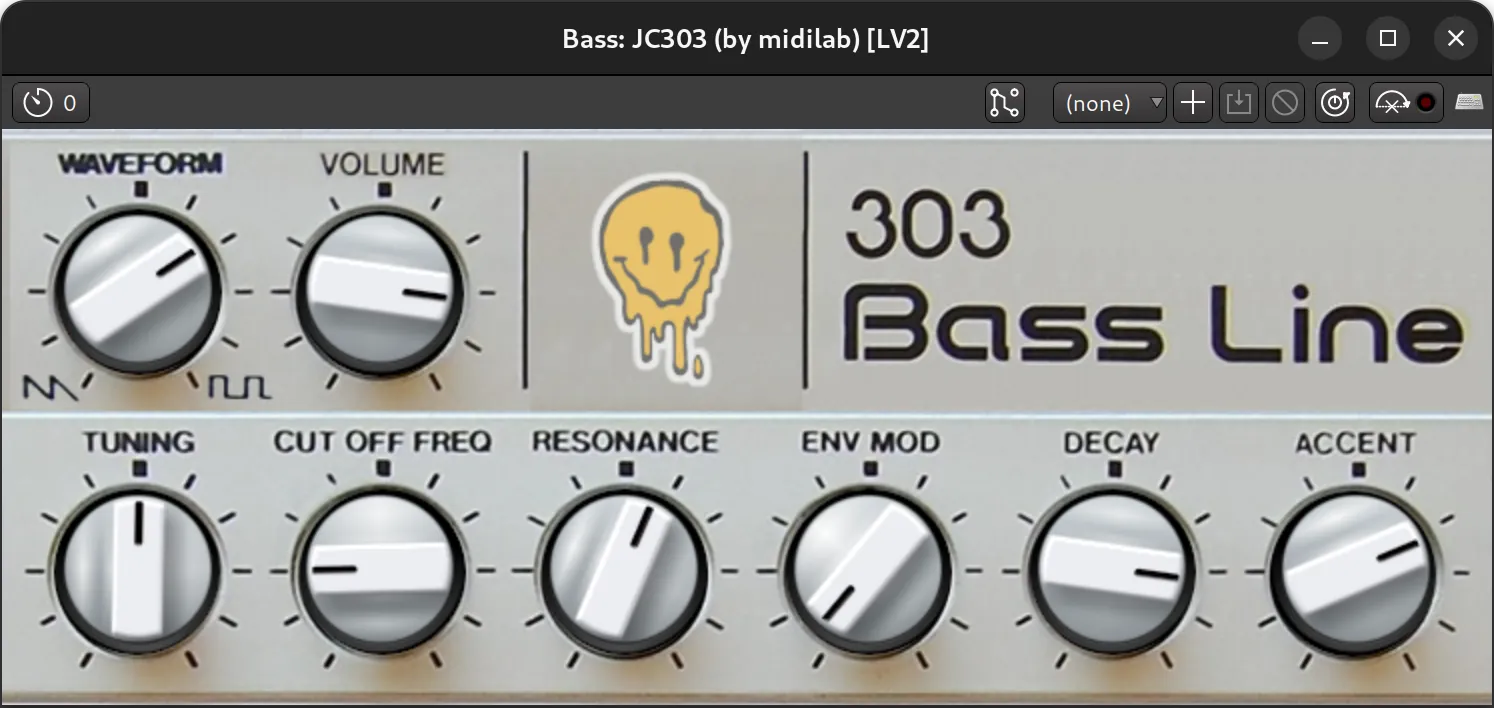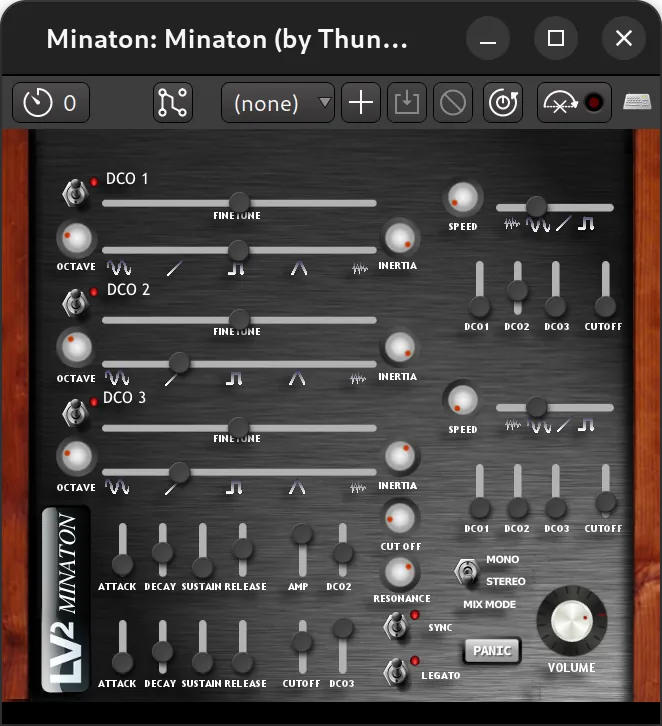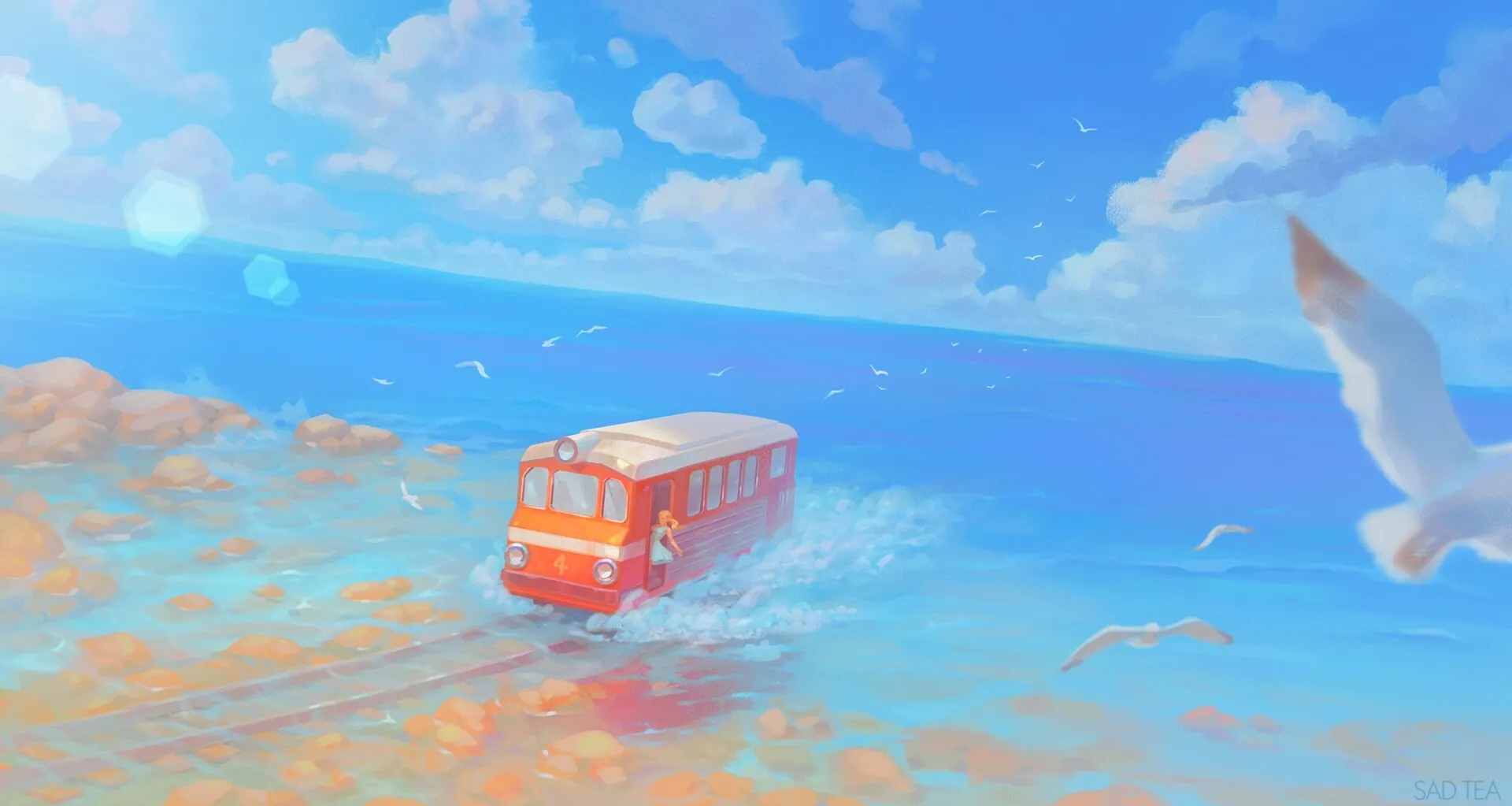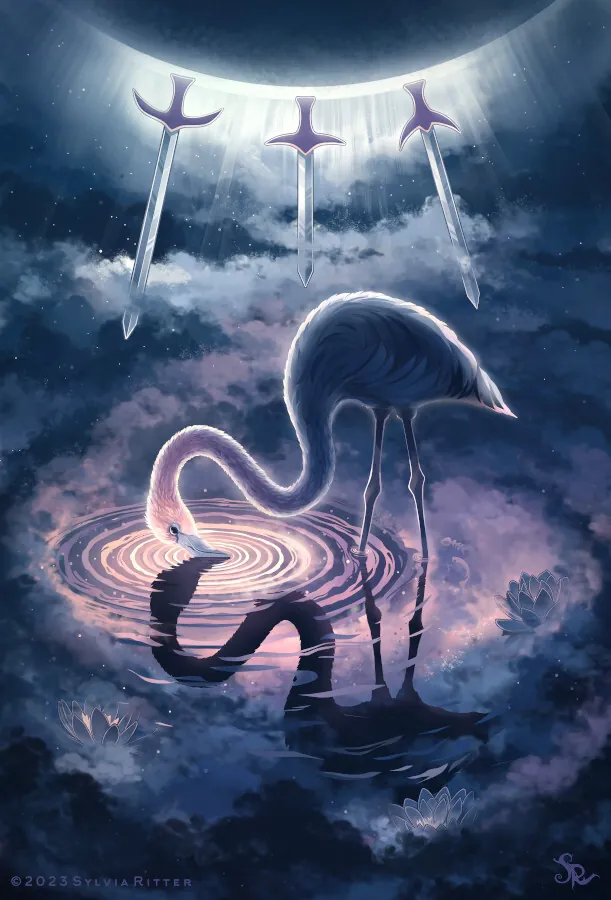Quite a few things happened since the last recap. Let’s focus on the main ones. Highlights: new major releases of Krita and Ardour, major changes in FreeCAD, two commercial wavetable synths get open-sourced, Focusrite lends a hand to a drivers/UI developer for Linux.
GIMP
Thanks to CmykStudent, GIMP now supports ASE, ACB, and SBZ color palettes. The latter file format is that of SwatchBooker, a semi-forgotten FOSS color palette editor.
There are some interesting changes in the pipeline. E.g. Mark Sweeney submitted a patch that adds the rendering of a brush center when painting with a pressure sized brush, crosshair, and no pointer.
But also this early work on a first-run wizard by CmykStudent:
A *very* early WIP for a Personalization screen for @GIMP_Official's Welcome Dialogue (functional but ugly, haha!)
— CMYK Student (@CmykStudent) October 4, 2023
Currently it lets you set the theme, font size, tool groups, and online updates.
What other defaults are people interested in being able to set on first start-up? pic.twitter.com/Iq9sMal6QS
The team hasn’t yet officially published the results of the Google Summer of Code program this year, but there’s a post by ZeMarmot that covers that topic. Essentially, all three projects are likely to be considered successful, although two of them didn’t go as planned.
Font handling improvements are already in and will be part of v3.0, automatic layers expansion is a candidate for inclusion in v3.0, non-destructive editing will be completed and merged after the v3.0 release, just as expected.
Krita 5.2
The new major release comes with improved animation tools, revamped text layout engine, vastly improved cumulative undo, improved Fill tool and Selection tool, a wide gamut color selector, and more!
Haven’t had a chance to spend much time with it yet. Fortunately, Gamefromscratch got us covered with a video review, much recommended:
For full release notes, please see here.
FreeCAD
There is some really great news here.
First of all, PaddleStroke continues hacking on the integrated assembly workbench. It is now possible to create joints between features of objects and solve the assembly using Ondsel Solver (LGPLv2+). The latest patch that adds solving currently has the ‘draft’ status, waiting for the dependency on Ondsel Solver to be added.
While the toponaming project is ongoing (currently in the third phase), the team merged another change made by RealThunder:
Another #FreeCAD #UI #UX milestone merged into the development branch, @RealThunder12's GUI overlay. This provides transparency for Tree & Task view widgets over main view area. Freeing up the screen space + increasing sleekness. Onward! #FLOSS #FOSS #CADhttps://t.co/9zSvwZYtgo pic.twitter.com/E7FX5dwdu8
— FreeCAD (CAD+CAM+FEA) (@FreeCADNews) October 11, 2023
Yorik van Havre has been working hard on the NativeIFC project, most recently focusing on the single document paradigm. The general idea behind Native IFC is that a BIM program should be an IFC editor. So the change brings a new type of object to FreeCAD files — an IFC document embedded directly into a FreeCAD project.
A really good bit of news is that there is now a design review team forming in the project. Several active contributors who mainly meet on FreeCAD’s Discord server, recently had their first teleconference and started hacking on the style guide for the program. The idea behind forming the team is to figure out a process for designing better, more consistent UX/UI in FreeCAD. I’m guessing there could be some pushback on the forum, same as back when the FPA was launched (i.e. “who died and made you the boss”). But ultimately this should help the project a lot.
Meanwhile Ondsel is suggesting that it’s possible to have FreeCAD 1.0 released in time for the next FOSDEM (disclaimer: I co-authored that post). The general agreement made between FreeCAD developers in Vancouver in August is that finalizing the toponaming fix (well, mitigation, to be frank), introducing a new materials system, as well as a basic integrated assembly workbench, and adding a first-run wizard all seem to be doable within the given timeframe. Having these tasks completed would make the development branch good enough for cutting v1.0 after some bugfixing.
There’s also some ongoing work on revamping the existing grant program. The FPA hired me to do research and come back with actionable suggestions. I looked at what the FPA has been doing with grants so far, what other organizations do, what the takeaways are, and what could be improved in the FPA’s program. A short recap of the study is available in the blog, the full report is here. Further work is possible.
Ardour 8.0
This is a huge release with some long overdue changes:
- MIDI track can now show note names if a MIDNAM file is available
- Velocity can be easily edited on a dedicated automation lane
- You can now draw free and straight automation lines with the Draw tool
- New Grid tool replaces older tempo map editing means, you can now add new tempo markers directly above audio tracks, then click and drag to change their values and create tempo ramps
- Sections help organizing a song into parts and copy/paste parts
- Selecting several mixer channels now creates a quick temporary group to e.g. shift faders by the same amount or toggle solo/mute in multiple tracks and/or busses
- Novation LaunchPad Pro is now supported — in virtually all modes (DAW, Session, Note, Chords)
Paul, Robin, Ben, and others really did a huge amount of work, kudos! See here for more information about new features and other changes.
I’ve updated both the crash course and the user manual to reflect the changes. The least documented new feature right now is the Launchpad Pro support — simply because I don’t have the device yet. Also, thanks to Julien Taverna, the crash course is now partially available in French.
There is some very early work on a few other long anticipated changes going on, but let’s wait till there’s more to show.
Studio One beta for Linux, Focusrite, and friends
In late September, PreSonus released an update of Studio One with a beta version for Linux (there are some limitations in availability of various features).
My initial impression (shared on Twitter/Mastodon) was basically this: I don’t really care about S1, I’m not going to use it, but it’s helpful, because it sends a signal to hardware manufacturers.
When I stated that, I was referring specifically to my conversation with Focusrite years ago. Their response was this:
Our products are primarily designed for audio recording and music production. Whilst some DAWs are compatible with Linux the majority currently only operate on Windows & macOS which is why our focus is on providing products that are compatible with those operating systems.
— Focusrite (@WeAreFocusrite) July 9, 2019
It was well in line with what I heard from other vendors. Plugin developers would complain that there are no commercial DAWs on Linux. DAW developers would complain about no support from hardware manufacturers. Hardware manufacturers would pin it on DAW developers. This vicious circle went on and on.
Well, what do you know? After the final push for funding Geoffrey Bennett’s GoFundMe campaign, it was Focusrite who not only paid the rest of the missing funds, but also offered help getting their latest audio interfaces supported on Linux:
While I had previously struggled to connect with the engineers or management at Focusrite, news of the overwhelming response to this fundraiser reached the top tiers there. Given the niche nature of Linux audio, I had kept my expectations in check, but this was beyond what I had imagined.
I just got off a call with them where, beyond providing the hardware, they were inquiring about other ways they could support the development.
Focusrite not only offered to send me any devices I didn’t have in my collection but also proposed that for any future product releases, they will do their utmost to send me devices in advance. This means that Linux support could be ready right from the product launch!
Furthermore, they are discussing how their engineering team could better help me to streamline the development process, and eliminate much of the guesswork.
Synths, synths, synths
SocaLabs released the source code of their Wavetable synth (BSD-3-Clause). Here is a no-talking review by Elektronick Musick:
This isn’t a code drop either. There have been almost 200 commits to the git repo since publishing the code, the most recent one was made just yesterday.
On the same wave (excuse the pun), VAST Dynamics released the source code of Vaporizer 2, their hybrid wavetable synthesizer. This time the license is GPLv3. Here is an older overview by the developers themselves:
midilab created a JUCE port of Robin Schmidt’s Open303, a Roland TB-303 clone plugin. LV2 and VST3 versions are available, with builds for Linux, Windows, and macOS.

AnClark Liu ported Nick Bailey‘s old Minaton synth to DPF and started making releases. There are no ready-to-use binary builds for Linux yet, but the source code builds just fine (tried on Ubuntu 23.04). The latest version is 0.2.0.

They started doing the same for RaffoSynth, a Minimoog emulator. But that project is work in the progress, not much to show.
Iurie Nistor resumed hacking on the Geonkick drum synth. There’s a lot of cleanup going on (discussed in detail in this blog post). There’s a Windows port in progress, and the project got a brand new website.
Artworks
Fourth by Lidia Goryachewa (Krita):

Trees in the fields by Philipp Urlich (Krita):

Three of Swords by Sylvia Ritter (Krita):

Monkey King by Jérémy Pajot (Blender):

Patreon subscribers get early access to my posts. If you are feeling generous, you can also make a one-time donation on BuyMeACoffee.
